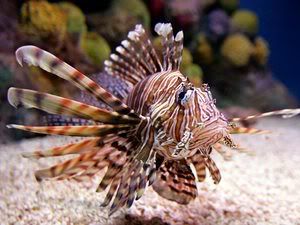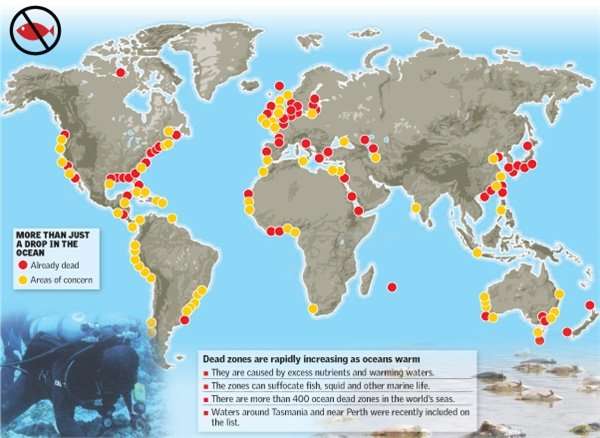Since 1986, the International Whaling Commission’s moratorium on commercial whaling has helped threatened whale populations to recover.
Now, the whaling ban itself is threatened.
The Obama administration is considering a deal to allow some commercial whaling to resume — even while some species of whales are still struggling to survive. [1]
Tell President Obama today: keep the ban on commercial whaling in place.
Whales are gentle, sociable creatures, thought by many researchers to be highly intelligent and empathic.
In 1986, environmentalists won a major victory when the International Whaling Commission decreed a moratorium on commercial whaling.
The whaling ban has protected endangered species of whales, like the Blue Whale, from being hunted to extinction.
But endangered whales still face threats to their survival, including unexplained die-offs and ecological disruptions caused by climate change, ocean noise, and offshore energy development.
If the United States agrees to allow hunting of whales for profit, the results could be devastating for vulnerable whale populations.
Tell President Obama now: don’t loosen the ban on commercial whaling!
Notes
1. Juliet Eilperin, “With some species rebounding, commission weighs loosening of ban.” Washington Post, March 29, 2010.




